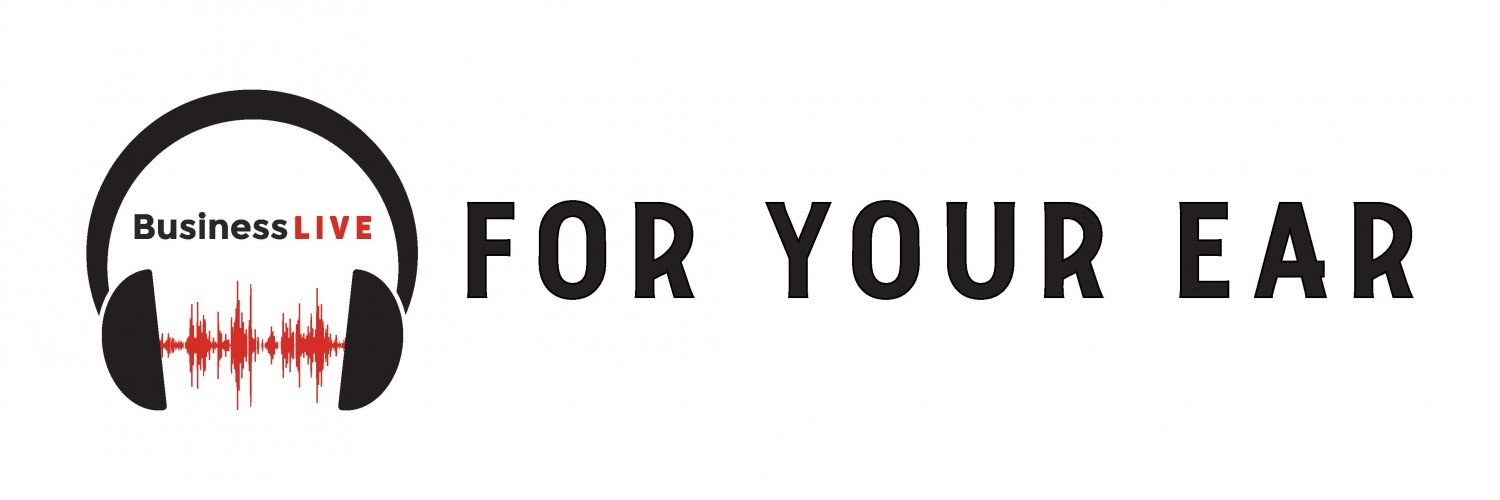
LETTER: Fear of TRESemmé and Unilever may be behind Clicks advert
Loading player...
TRESemmé has explained that the images in the advert published by Clicks were not in line with the values of its brand or that of Clicks, and it is looking into how it happened and why it wasn’t picked up, and will take all necessary steps to ensure it doesn’t happen again.
Unfortunately, this explanation probably needs to be taken with a large pinch of salt. Earlier this year TRESemmé’s parent company, Unilever, a British group that has an annual turnover of about €52bn — was accused of trying to pressurise Cosmopolitan magazine into firing its Sri Lankan editor over her refusal to promote a skin-whitening cream. Unilever did not deny the allegation and instead explained that a member of its team “exercised extremely poor judgment”.
Four years earlier, Israel’s health minister threatened to revoke Unilever’s licence over a consignment of cornflakes that had been contaminated by salmonella. In issuing this threat, the minister stated that Unilever had failed to act responsibly and had lied to the public and to his ministry.
In another incident, a mercury thermometer factory operated by an Indian subsidiary of Unilever in the South Indian town of Kodaikanal was shut down by state regulators after the company was caught dumping toxic mercury waste in a densely populated part of town. After a 15-year battle that included an aggressive social media campaign, Unilever eventually paid an undisclosed amount to 591 of its former employees.
Given Unilever’s track record one cannot easily rule out the possibility that Clicks’ employees gave the green light to the TRESemmé advert out of a fear of reprisals from Unilever/TRESemmé. Further investigation is clearly required.
Terence Grant
Cape Town
JOIN THE DISCUSSION: Send us an e-mail with your comments. Letters of more than 300 words will be edited for length. Send your letter by e-mail to letters@businesslive.co.za (mailto:letters@businesslive.co.za). Anonymous correspondence will not be published. Writers should include a daytime telephone number.
Unfortunately, this explanation probably needs to be taken with a large pinch of salt. Earlier this year TRESemmé’s parent company, Unilever, a British group that has an annual turnover of about €52bn — was accused of trying to pressurise Cosmopolitan magazine into firing its Sri Lankan editor over her refusal to promote a skin-whitening cream. Unilever did not deny the allegation and instead explained that a member of its team “exercised extremely poor judgment”.
Four years earlier, Israel’s health minister threatened to revoke Unilever’s licence over a consignment of cornflakes that had been contaminated by salmonella. In issuing this threat, the minister stated that Unilever had failed to act responsibly and had lied to the public and to his ministry.
In another incident, a mercury thermometer factory operated by an Indian subsidiary of Unilever in the South Indian town of Kodaikanal was shut down by state regulators after the company was caught dumping toxic mercury waste in a densely populated part of town. After a 15-year battle that included an aggressive social media campaign, Unilever eventually paid an undisclosed amount to 591 of its former employees.
Given Unilever’s track record one cannot easily rule out the possibility that Clicks’ employees gave the green light to the TRESemmé advert out of a fear of reprisals from Unilever/TRESemmé. Further investigation is clearly required.
Terence Grant
Cape Town
JOIN THE DISCUSSION: Send us an e-mail with your comments. Letters of more than 300 words will be edited for length. Send your letter by e-mail to letters@businesslive.co.za (mailto:letters@businesslive.co.za). Anonymous correspondence will not be published. Writers should include a daytime telephone number.
